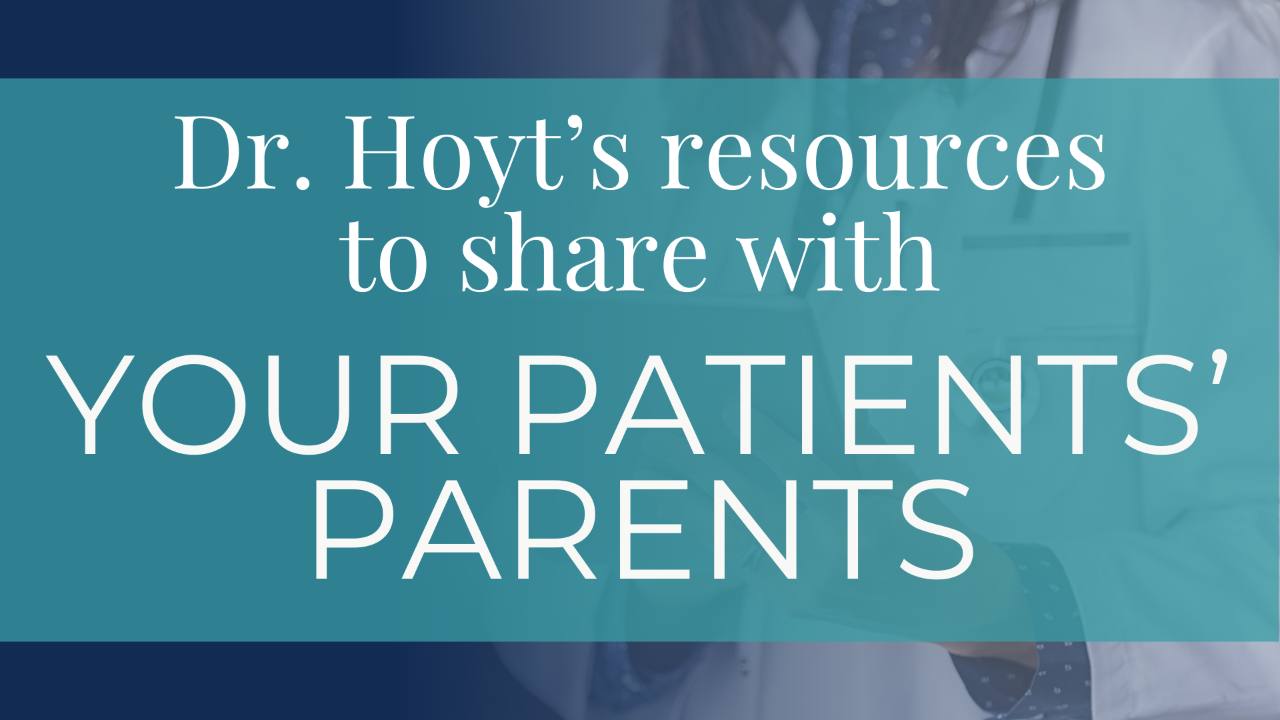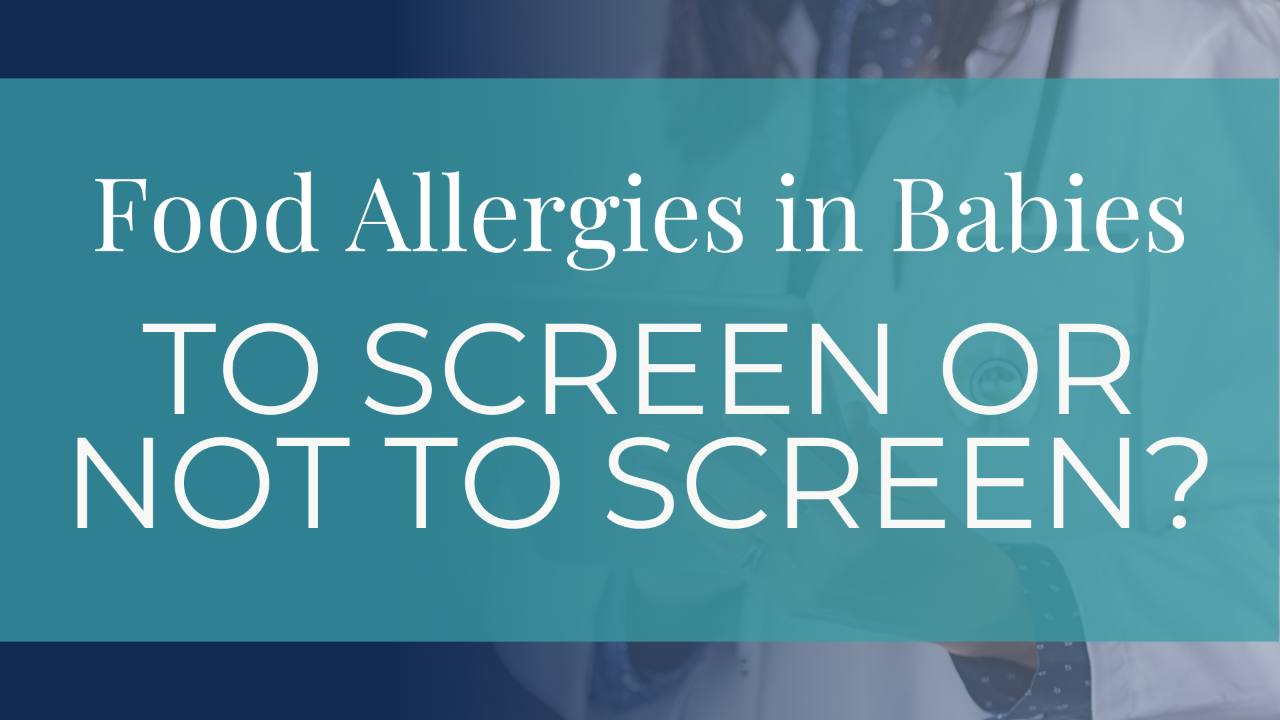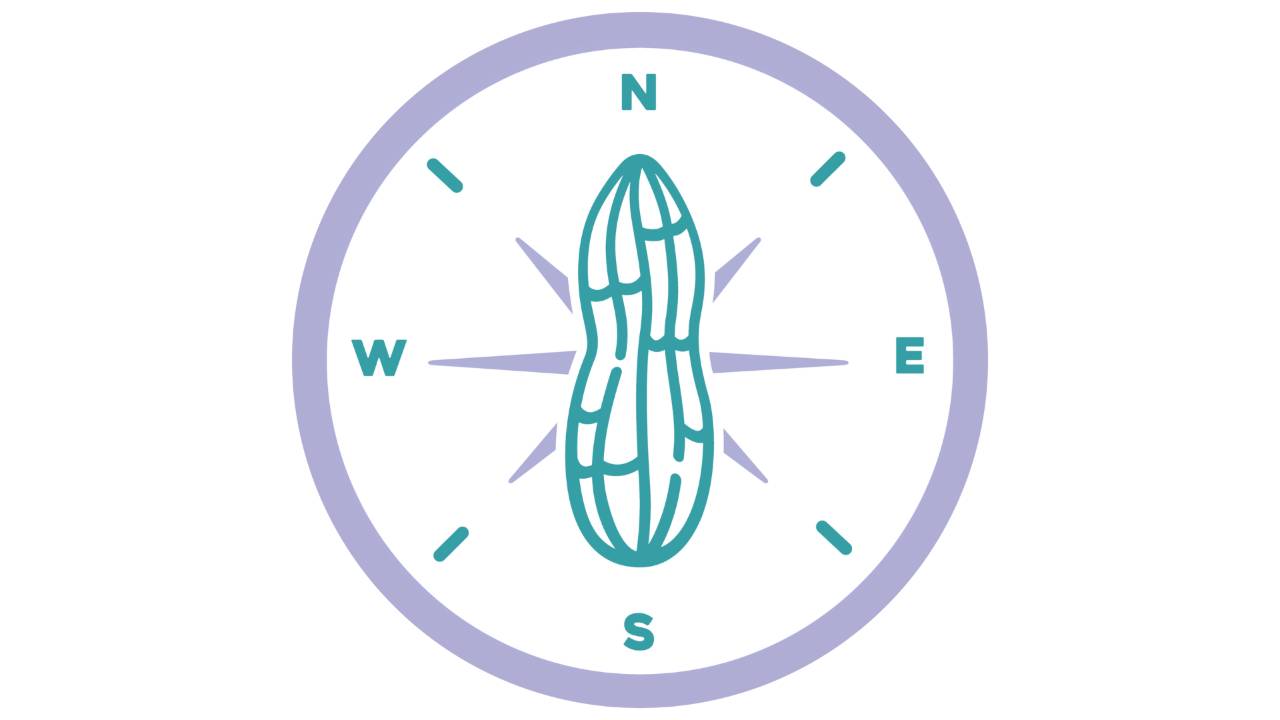What do childcare professionals know about food allergies?
Food Allergy Friday Newsletter 🧭 Your compass in the evolving landscape of pediatric food allergies
This Week's Featured Article
Title: "The LEARN (Learning Educator’s Anaphylaxis Response Needs) Early Project"
Authors: Kelsey Kaman, MD; Ashley Lahoud, MA; Chris Flessner, PhD; Kelly Butler, MD Candidate; Sarah Jane Lowery, BA; Alice Hoyt, MD
Journal and Year: Annals of Allergy, Asthma and Immunology 2025 (epub early access)
⚡️ Key Points in 30 Seconds
- Not all childcare professionals are educated on food allergies or allergic reactions.
- Children with food allergies are at risk of reactions any time food is available, so all caregivers need to know how to prevent, recognize, and respond to an allergy emergency.
- This study/outreach effort demonstrates that some professionals are confident despite low knowledge scores. Also, food allergy policies were not always evidence-based.
- Childcare center professionals need support in crafting effecting food allergy policies as well as accessing effective education.
👉 Why This Article Matters for Your Practice
Childcare centers are heavily regulated in some areas - NOT THE CASE REGARDING FOOD ALLERGY PREPAREDNESS. You likely have many young patients (who cannot advocate for themselves) who are cared for at an early childcare center. For those who have food allergies, their childcare centers need education. Don't assume they already have access to good information.
📊 Study Overview
Population: Professionals from 17 Head Start centers, two states.
Design: This study is a questionnaire-based study that assessed the food allergy knowledge and preparedness of childcare professionals. Center directors were surveyed on policies.
Primary Outcome (regarding food allergy): Most centers were not well prepared for allergy emergencies as demonstrated by low food allergy knowledge scores and low levels of preparedness, such as many children with known food allergies not having epinephrine available to them.
Key Conclusions by the Authors: “Our finding that centers are overconfident but underprepared to manage food allergy emergencies also highlights the need for stock epinephrine, which can act as an additional safety net for children. We hope that our findings will contribute to ongoing advocacy efforts to improve stock epinephrine access in early childcare centers throughout the country.”
Hoyt Commentary
Don't assume.
You as a pediatrician or pediatric APP know more than most laypersons about food allergies. This includes childcare centers. Please don't assume the centers have good policies in place to prevent and manage anaphylactic reactions, and please don't allow your patients' parents to assume that either.
Resources to help you and your families available at the bottom of this email.
Patient Communication Tips
🗣️ Key Messages for Families
- Early childcare center staff need to be educated on food allergies and how to prevent, recognize, and respond to an emergency.
Sample Script:
"How do you feel about the way your child's daycare/early childcare program manages his/her food allergies?" This will open the door to what resources you can share with your patients' parents, such as CodeAna.org (to help provide education) and even stock epinephrine. Of course, be sure your patient has an anaphylaxis action plan.
🧐 Ask yourself...
How many babies and toddlers will I see this week who are cared for by a non-parent? What special medical needs do these children have, and are their caregivers educated on how to prevent, recognize, and respond to a medical emergency?
Resources...
We talked about food allergies, so here are some resources to share with families...
CodeAna.org ⬅️ I volunteer with this nonprofit. It's awesome.
Here is my favorite Anaphylaxis Action Plan (for you to complete with the child's parent)... FoodAllergy.org
Learn more about the LEARN Early program here.

'Food Allergy Friday' is curated and written by Dr. Alice Hoyt. Dr. Hoyt is board-certified in allergy & immunology, internal medicine, and pediatrics. Her clinical expertise is in food allergies, and she serves patients with her team at the Hoyt Institute of Food Allergy.
Share this newsletter! Simply forward it to a colleague. 👍 And they can visit foodallergypedshub.hoytallergy.com.





